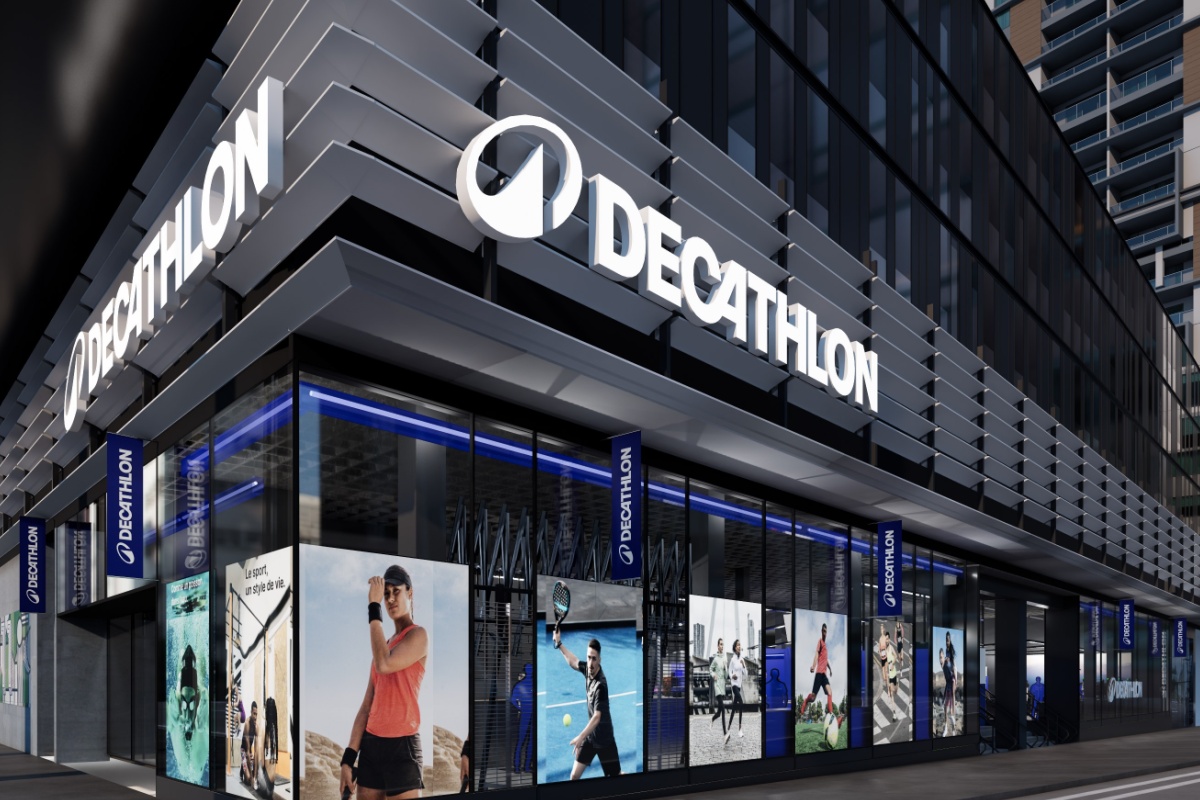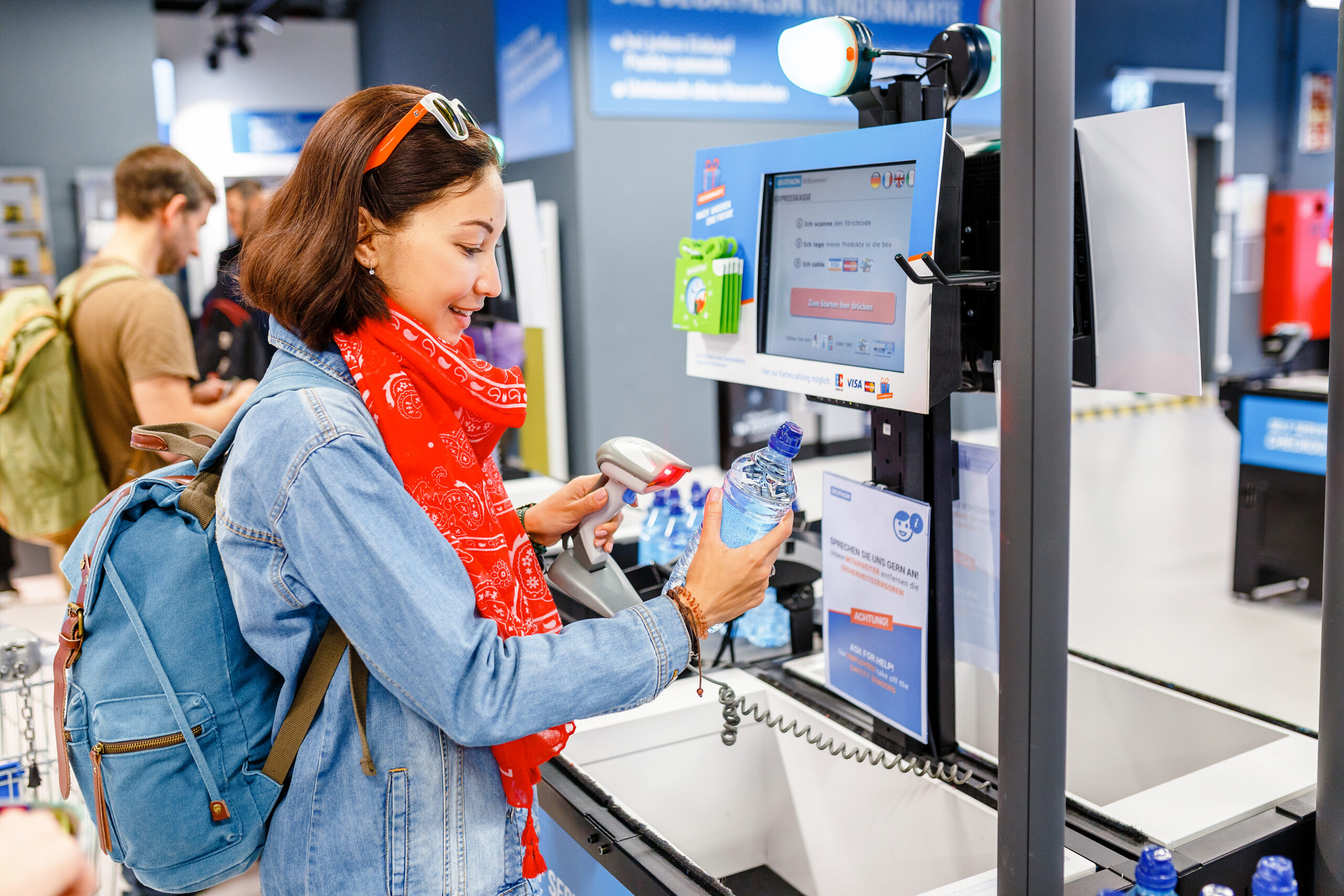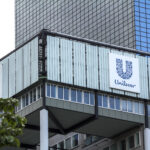Decathlon has revealed a comprehensive global rebranding initiative that includes revamping its store experience, logo, and business model.
The sporting giant announced its adoption of what it calls “an ambitious global strategy,” positioning itself to compete with major brands like Nike, Adidas, and Under Armour. Decathlon aims to shift perceptions from being solely a value-oriented retailer to being recognised as an innovative and specialised manufacturer of sports equipment.
Decathlon has introduced a fresh brand identity, featuring ‘the Orbit’ icon, which it describes as symbolising “movement, the aspiration to reach greater heights and circularity.” Additionally, it plans to renovate over 1,700 global stores with “a completely revamped layout,” providing customers with “intuitive navigation, enhanced product visibility, engaging physical and digital displays, and a visually appealing environment.”

In addition, the rebranding effort is aligned with its new purpose: to “move people through the wonders of sport” and to deliver innovative and sustainable sporting experiences to all.
The sports retailer, known for its initiatives such as rental services and product buy-back programs, has pledged to prioritise sustainability at the core of its business model. It is committed to achieving Net Zero emissions by 2050.
Next, Barbara Martin-Coppola, Decathlon’s global CEO, remarked, “Today signifies a significant moment in both Decathlon’s history and its future trajectory. In these times, the importance of sport is greater than ever.”
“Sport possesses a unifying power and has the potential to enhance both physical and mental well-being. At Decathlon, our aim is to make a more significant positive impact on individuals, society, and the planet by inspiring people through the marvels of sport. I take pride in working alongside our teammates as we strive towards our North Star—our guiding light and aspiration,” she added.

Decathlon’s Evolution: Transitioning into a Multi-Specialist Company
Apart from that, the board revisited its strategy and delved into the company’s archives. “Decathlon has always championed the vital role of sports in fostering a healthier and happier society,” shared the CEO. Decathlon is committed to fostering a positive impact on both society and the planet. In today’s swiftly evolving world, the company recognised the need to elevate its efforts in navigating the sports landscape.
As Coppola articulates, “To further evolve as a ‘multi-specialist company’ with the motto ‘Move People Through the Wonders of Sports.'” The new strategy encompasses an enriched customer experience bridging online and offline realms, ambitious sustainability goals, and a comprehensive modernisation initiative for the company.
Furthermore, in pursuit of this new strategy, Decathlon is streamlining its brand portfolio to 12 brands, aiming to fully harness each brand’s potential and provide consumers with greater clarity. These brands cater to nine specialised areas and include the following in-house brands:
- Quechua (mountain sports)
- Tribord (water and wind sports)
- Rockrider (outdoor cycling)
- Domyos (fitness)
- Kuikma (racquet sports)
- Kipsta (team sports)
- Caperlan (fishing)
- B’twin B’twin mobility)
- Inesis (precision sports)
Additionally, the portfolio features four expert brands”: Van Rysel,’ Simond, Kiprun, and Sologna.
The retailer’s website will undergo a comprehensive global overhaul to offer customers a seamless shopping experience.
Lastly, Decathlon is leveraging best-in-class tools and AI algorithms to facilitate precise forecasting, assortment planning, and stock parameters. These efforts have already resulted in notable reductions in stock levels, decreased transport costs, lowered carbon footprint, and improved delivery times.


